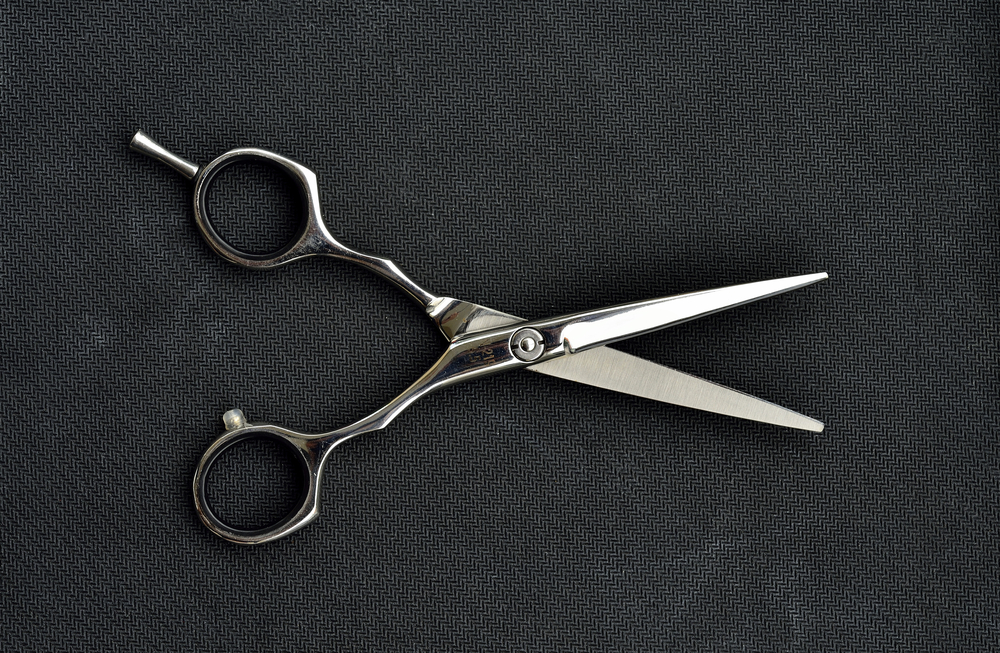
Image: There’s no actual scissors involved in vasectomies, so you can unclench now | Shutterstock
At some point in their lives, every man considers whether they would like to be a father. Plenty of men do decide that they want to create families of their own, but many men also choose not to have children, for a variety of reasons. Some of those men decide that a vasectomy is the right choice for them. Of course, a lot of people hear “surgery” and “genitals” and run screaming in the other direction, but a vasectomy is actually a reasonably non-invasive procedure that while it is considered permanent, doesn’t necessarily have to be.
So, what is the procedure?
A vasectomy is an elective procedure in which the surgeon divides and seals off sections of the vas deferens, the tubes that carry sperm, to block the sperm from entering the semen. His sperm will then be absorbed by the body rather than be ejaculated, rendering the man sterile, for all intents and purposes. A vasectomy should really only be considered by men who are very sure they’re all done having children.
Are vasectomies effective?
Vasectomies are nearly 100% effective at preventing unwanted pregnancies. However, it does take time for vasectomies to be fully operational. After surgery, some sperm will remain in the tubes that need to be flushed out. So if a man returns to sex without using other forms of birth control too soon after surgery, a pregnancy is then possible. There are some very rare cases in which a few of those little guys get through and into the semen, but it’s highly unlikely. Sperm can remain in the tubes after the vasectomy for about three months after surgery. A sperm analysis will reveal if any little friends (or foes) have gotten into the semen or not.
Can a vasectomy be reversed?
Yes, vasectomies can be reversed, but the procedure is significantly more complex than the initial vasectomy. The shorter the time between the decision to have a reversal and when the vasectomy was initially conducted, the more successful the reversal will be. With microsurgery reversals, 75 to 97 percent of men see a return in sperm. However, vasectomy reversals can be very costly, though the procedure is still less expensive than in-vitro fertilization, another option that many patients consider.
How long does it take to recover from a vasectomy?
Recovery is largely dependent on the health and lifestyle of the patient, but most patients don’t lose very much time from work and are able to get back into the groove with relative ease. Sexual activity can usually be resumed in about a week (with protection!), if the man feels up to it.
